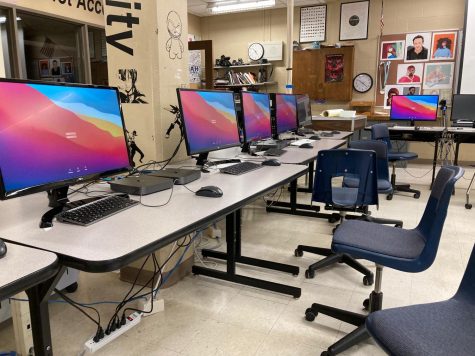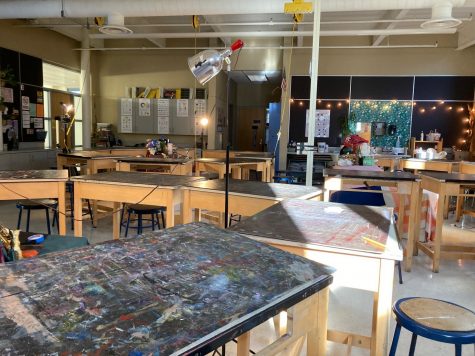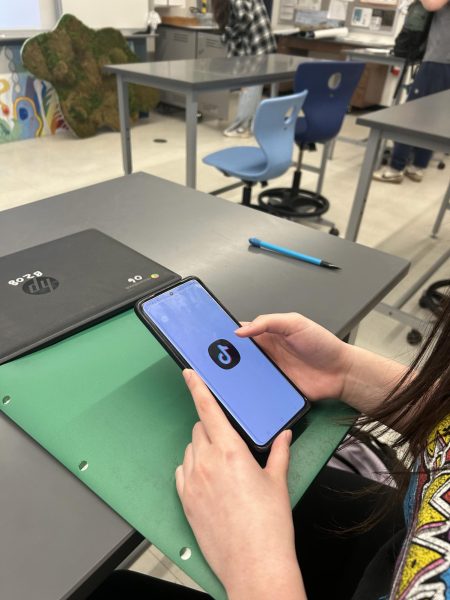The Stigma Around Careers in the Arts
It goes without saying that choosing an art major in college is controversial, however, with recent advances in technology, that perception has been changed. More and more people are beginning to realize that there is conventionality to a career in art beyond living out your days in a small studio apartment selling oil paintings at flea markets.
Unfortunately, there are still “a lot of people [who] disregard how art and design shapes our lives”, says author of Her Campus Magazine, Kimberly Ramirez. Art has always been an important asset in our lives, but this is now true more than ever. Artists make everything around us: “They decorate your home; they are the clothes you wear; they are the movies you watch; they influence what kind of product you buy; they are the music you hear on a Friday night; they are the food on the plate in front of you.”, Ramirez says.
When people think “art major”, their minds go straight to the fine or liberal arts. While this can still be a valuable career for those passionate enough, “the financial compensation in the work field is the effect of the underestimation of careers in the creative field.”, says Ramirez. There are a growing number of careers and majors that allow many young artists to apply their skills in a more conventional way, beyond just a basic fine arts degree.
Industrial design, architecture, landscaping, interior design, and graphic design majors are 5 of the most essential careers in the world of art. Companies consistently rely on these majors to “do branding, packaging and website design, etc. in hopes of keeping the business going.”, Ramirez elaborates.

Regardless of this, parents of future art majors still have mixed views on the path their child is going to take. Oftentimes this view is affected based on the values they grew up with, culture norms, or prior experience with relatives or siblings in the arts. Zina Zhao, a senior in AP art with an older brother who had already gone through the college applications process as an art major, has more accepting parents. “They actually didn’t mind, because my brother went to art school, and they were invested in him and understood the process. They are a little disapproving of it but they still support me trying to apply.” she says.

However, senior Angela Ni, also in AP art, has less supportive parents. “They told me it should be kept as a hobby, it’s not a sustainable career and it’s too unstable for me to fully pursue it.”, Ni says. However, Angela’s love for art overpowers her parents’ critique of her career choice. Despite doubting herself at times, she “know[s] working as an artist in the future is going to be hard. There’s the lack of appreciation for them, the saturation of them, and the sheer skill required to stand out.”
Even my own parents were skeptical when I announced that I wanted to become an artist, but came to realize that “the path that [I am] choosing is a very practical use of [my] skills.” according to Ward Baun, my father. He goes on to explain that he had never wished to sway me from my path, even with his original feelings. “I think other than maybe if you had gone for a complete fine arts focus without something a little more applied, I think maybe I would have. But again, I think the path you are choosing has pretty good career prospects afterwards from what I can tell.” he says.
When we look past all of the different angles at which we can examine majoring in the arts, “without art majors and professionals, we wouldn’t have all the creative expressions that we see and take advantage of in our daily lives.” Ramirez points out.





